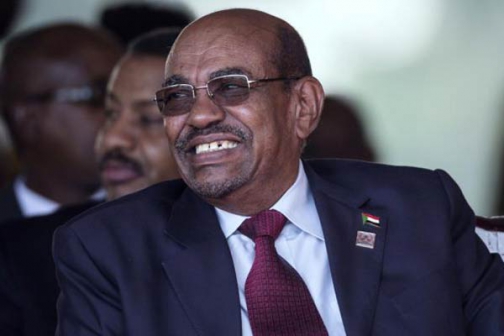×
The Standard e-Paper
Fearless, Trusted News

Sudanese officials said President Omar Hassan al-Bashir returned on Thursday from a one-day visit to Uganda made in defiance of an international warrant for his arrest on charges of genocide.
The Hague-based International Criminal Court (ICC) issued arrest warrants for Bashir in 2009 and 2010, accusing him of masterminding genocide and other atrocities in his campaign to crush a revolt in Sudan's western Darfur region.